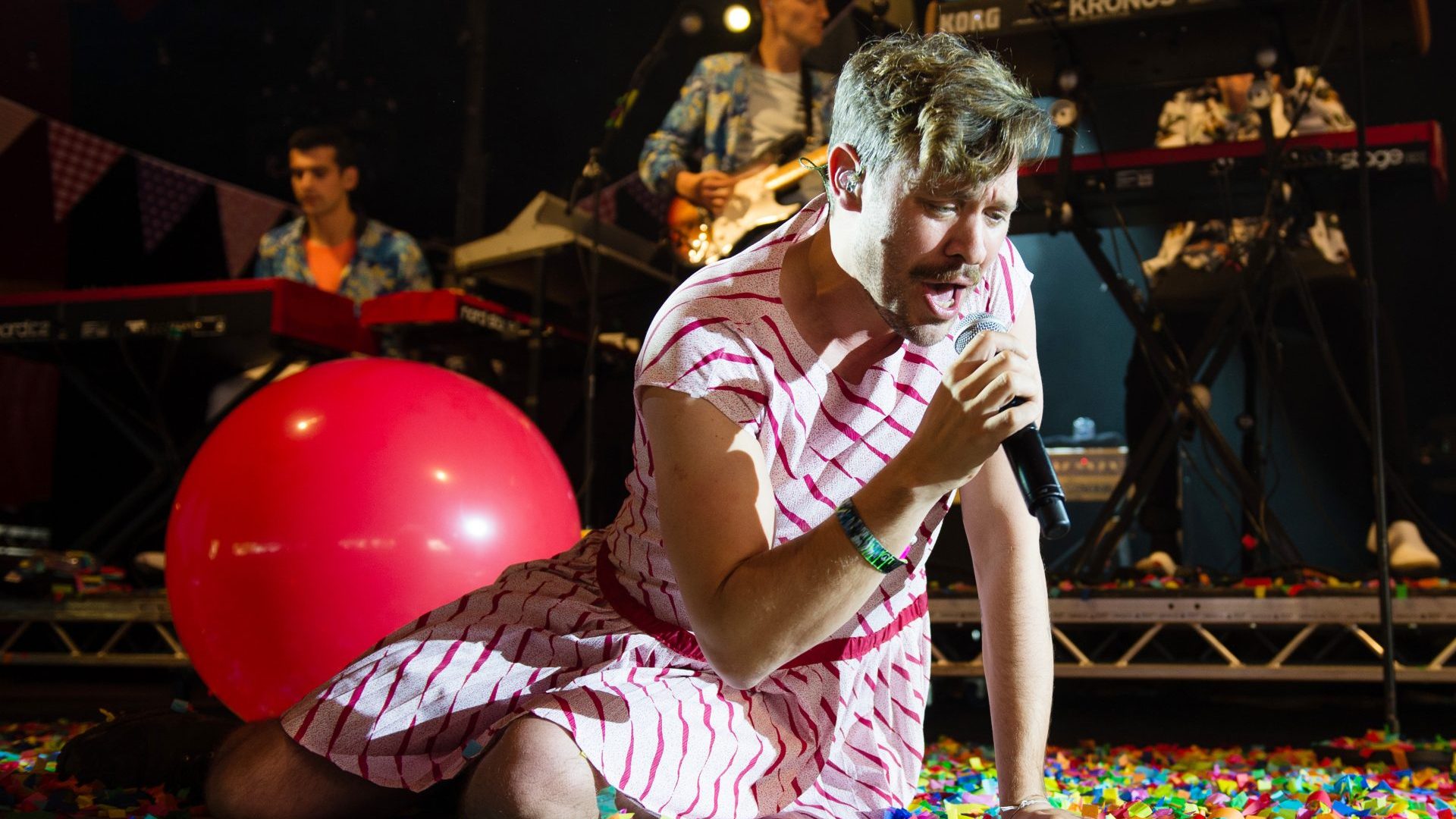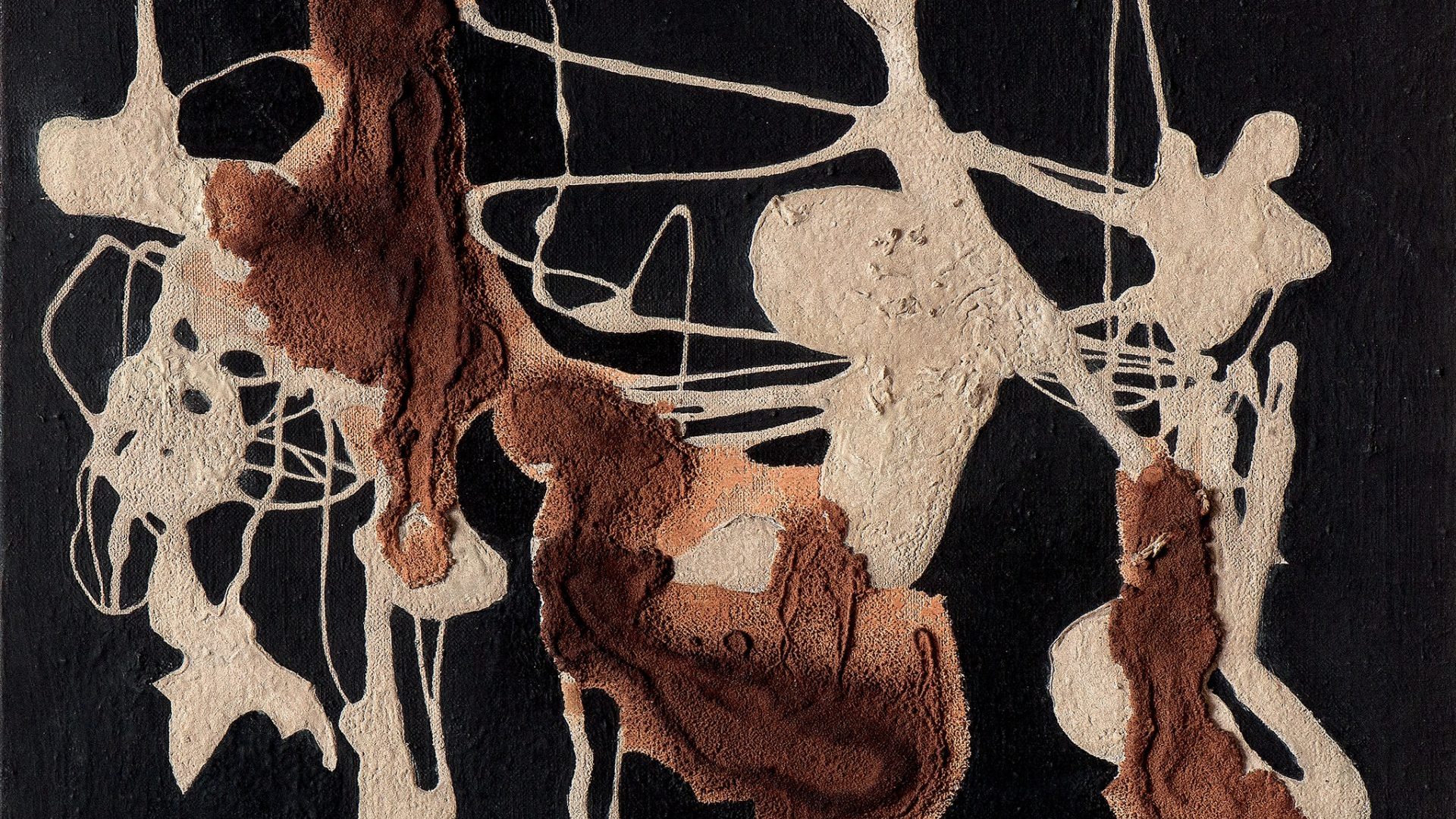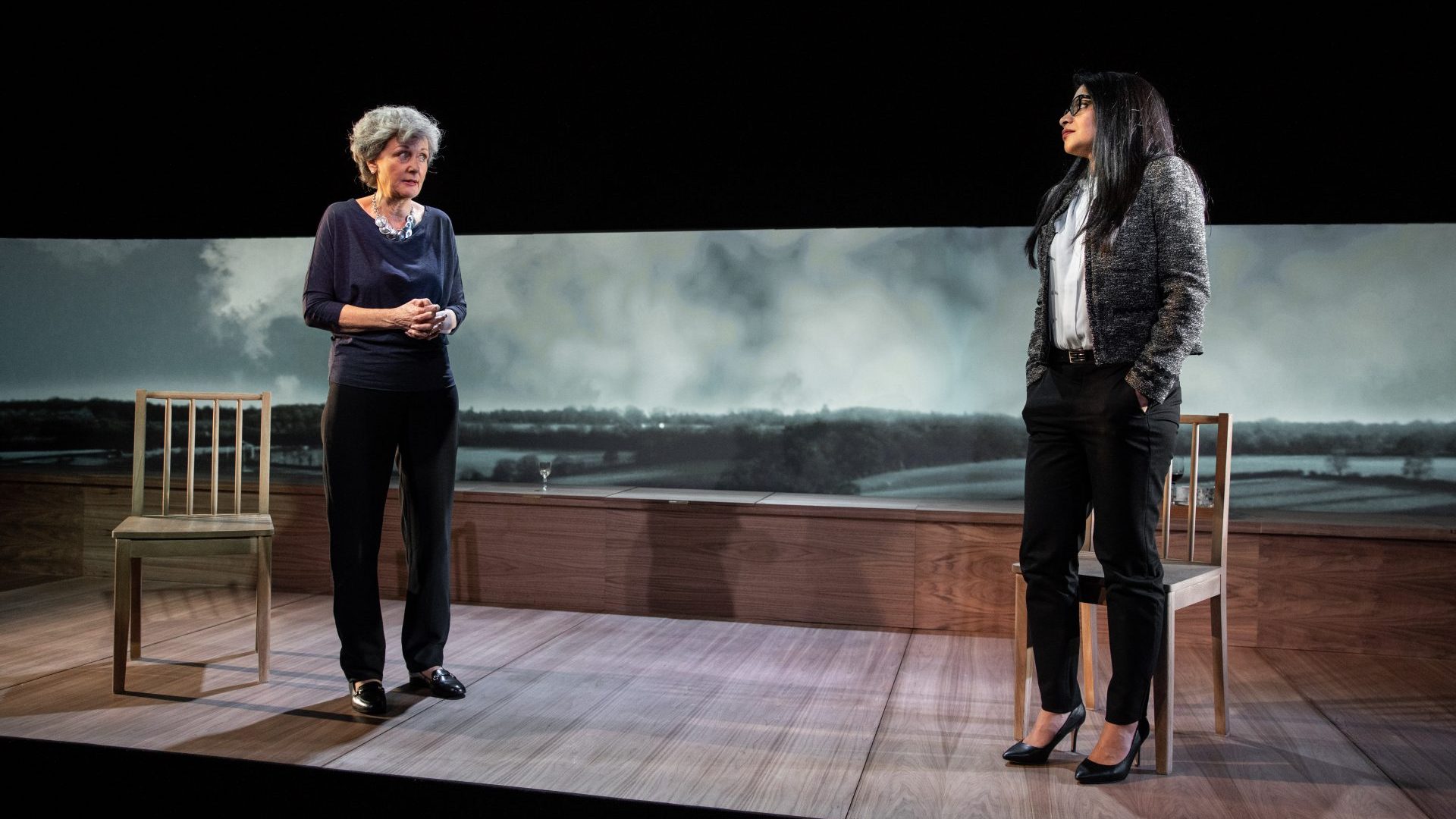Twenty years ago this week the TV talent show proved it was still a force to be reckoned with, making a star of the unlikeliest candidate.
Decades after Opportunity Knocks and New Faces, a new programme, Pop Idol, produced the fastest-selling debut single in British chart history as Will
Young’s double A-side Evergreen and Anything Is Possible debuted at No 1 in early March 2002. Against all odds, Young – a politics graduate and ex-public schoolboy – had beaten the 17-year-old favourite, baby-faced northerner Gareth Gates, having only made the final 50 in the first place as the contest was short on male contestants.
Pop Idol was not the first of the new talent show era. The previous year’s Popstars had also resulted in an immediate No 1 single for the winners, the puzzlingly punctuated Hear’Say, but crucially it had no live shows and no phone vote. It was the Idol format that would take off all over the world and lead inexorably to the birth of The X Factor two years later.
Young, despite being the original pop idol, bucked expectations from the start and, aside from the massive stars it produced in the US, as it was adopted across Europe the Idol format repeatedly produced artists capable of
pushing beyond blandness.
Young was not the average pop starlet. During the early stages of the show, he ticked off judge Simon Cowell for his savage treatment of the other young hopefuls. Then, days after his chart triumph, Young paid no heed to his grooming as a pin-up for teenage girls by coming out in an interview with the News of the World.
By 2005 he was hitting back against a music industry that had attempted to put him in a box, singing on his fifth single, Switch It On, “Can’t you see I’m
a little bit weary/ In a three-piece suit and shoes that don’t fit me”.
Musically, Young quickly pushed beyond his initial enforced insipidness. Leave Right Now (2003) won an Ivor Novello, and a stream of decidedly grown-up pop singles followed, working with such luminaries as producers Stephen Lipson and synthpop revivalist Richard X.
But Young soon broke out of pop. Acting roles in Cabaret, for which he was nominated for an Olivier, and Noel Coward’s The Vortex, a writing career through 2020’s To Be a Gay Man and the forthcoming Be Yourself and Happier, and presenting the hit podcast Homo Sapiens (“a queer Woman’s Hour”, as he put it), means Young has become rather more than the ephemeral pop star he was expected to be.
Meanwhile, the Idol format was adopted in around 20 European countries, being embraced with particular enthusiasm in Sweden, Norway and Germany, all of which have seen the programme run for almost 20 years, producing some pop acts who have similarly kicked against expectations.
The winner of the second season of Sweden’s Idol, Agnes Carlsson, had a massive international hit with Release Me in 2008, released two impeccable
dance-pop albums, Dance Love Pop (2008) and Veritas (2012), and later had another hit singing on Avicii’s Tough Love (2019).
But as is so often the case with the TV talent show, the runners-up have often made a bigger splash. Darin Zanyar came second in Sweden’s first series, but has gone on to huge success. His biggest hit, Ta mig tillbaka (Take Me Back), a self-penned ballad about his childhood in Stockholm, proved him to be a major pop talent.
Despite not making the top 5 in the 2006 contest, Danny Saucedo became a household name in Sweden with polished singles like 2015’s Dör för dig (Die for You) and, like Young, he has branched out into many other fields. But perhaps the Swedish Idol alumnus who has had the greatest cut-through is Loreen, who came fourth in the inaugural season but went on to sing on probably the best Eurovision song of all time, Euphoria (2012), as well as an acting career and political activism.
Norway’s Idol has also produced some unlikely stars.
Gap-toothed Kurt Nilsen was the improbable victor of the first series, but his more rock than pop voice, heard on debut single and moderate international hit She’s So High, was beguiling. Meanwhile, the teenage Torine Bjåland came an unimpressive ninth on the show in 2016 but has since brought out a succession of edgy Scandipop singles made with some of Norway’s best electronic music producers.
Elsewhere, the faultless modern chanson of Amandine Bourgeois, 2008 winner of France’s Nouvelle Star, and the remarkable art-pop of Brodka,
2004 winner of Poland’s Idol, have been the result of the format that all started here in the UK without a hint of any such ambition.
EUROPEAN POP IDOLS IN FIVE SONGS
Will Young, Evergreen/Anything Is Possible (2002)
Will Young’s double A-side consisted of a Westlife cover and a rather soporific song written especially for the show. It remains in the UK’s top 20 best-selling singles of all time.
Kurt Nilsen, She’s So High (2003)
With this debut single, a cover of a song that had already been a hit for its writer, Canadian singer-songwriter Tal Bachman, Nilsen took Idol in a more rock-oriented direction.
Agnes, Release Me (2008)
Sweden’s Idol in 2005, Agnes Carlsson had a major hit three years later with this energetic dance-pop song. It reached No 3 in the UK.
Brodka, Horses (2016)
Winner of Idol’s third series in Poland, the singer shook off mainstream pop expectations with this lead single from her alt-pop LP Clashes (2016).
Torine, Bored (2021)
Despite a poor ranking on Norway’s Idol in 2016, the 21-year-old has since released a stream of accomplished pop singles, including this sparse, sassy track from last year.




